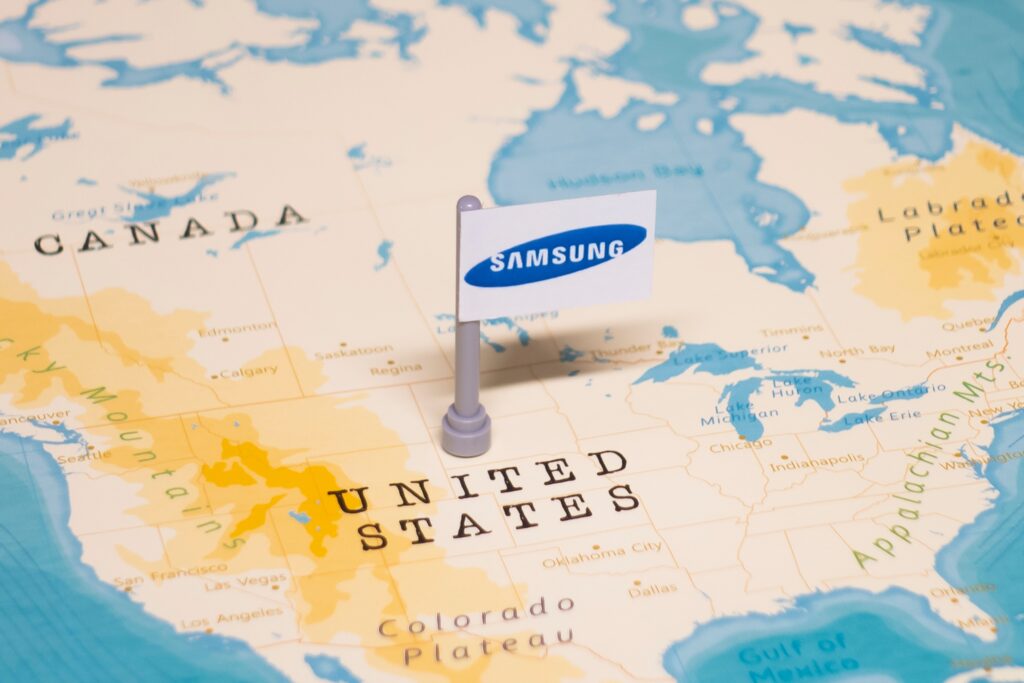The Peninsula
Samsung's New Investments in Texas Mean Big Things for the United States

On April 15, the US Department of Commerce awarded $6.4 billion in direct CHIPS Act funding to Samsung Electronics for its operations in Texas. This helps to contribute to the more than $45 billion in total Samsung is injecting across all projects in its new Taylor, Texas chip manufacturing facility and existing facility in Austin.
Samsung’s investment carries several critical implications for the United States’ technological posture. First, the investment allows for chip packaging capabilities (which combines all of a semiconductor’s electronic components into one product) to start the process of becoming domestically shored. The United States accounts for just three percent of chip packaging, and without dedicated facilities US companies are reliant on third-party contractors located abroad to create a finished product. Since Samsung’s plans for the region include a new advanced packaging facility, the new investments align perfectly with the Biden administration’s broader economic strategy to “invest, align, and compete.”
Next, the ongoing revolution in AI calls for an exponential expansion of the types of high-bandwidth memory (HBM) chips developed by Samsung and SK Hynix, while large-language models (LLMs) powering the development of AI train on mass data sets needing substantive memory capabilities. The $52 billion set aside by the CHIPS Act and additional investments such as Samsung’s recent Taylor, Texas announcement help to ensure that the United States meets that need, particularly as memory intensive AI data centers grow complementary to AI’s deployment across the commercial spectrum.
Last and most commonly understated, re-shoring the type of chip production which traditionally occurs in partner countries with more specialized production capabilities shields it from the types of geopolitical risks inherent to the increasing potentialities of a Taiwan contingency or action on the Korean peninsula. If long-term efforts were not made to re-shore, US exposure to either country’s outsize role in the production of logic chips (as in the case for Taiwan) or memory chips (for Korea) means that the United States could be cutoff from technology in ways that would pale in comparison to the COVID-induced semiconductor shortages in the event of a conflict in the Pacific.
Although certain realities need to be considered, such as failing to find the required number of skilled laborers or a second Trump term potentially amending portions of the CHIPS Act, overall, Samsung’s massive investments in Texas build on a multi-decade legacy of producing advanced technologies at American fabs and helps to place the United States in a more secure position by dispersing strategic technology supply chains. As the development of AI and production of advanced chips become the defining features of geopolitical competition in our century, investments such as Samsung’s recent ones in Texas are essential for safeguarding America’s technological future.
Tom Ramage is an Economic Policy Analyst at the Korea Economic Institute of America. The views expressed here are the author’s alone.
Photo from Shutterstock
KEI is registered under the FARA as an agent of the Korea Institute for International Economic Policy, a public corporation established by the government of the Republic of Korea. Additional information is available at the Department of Justice, Washington, DC.
